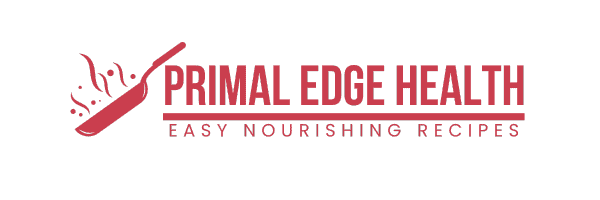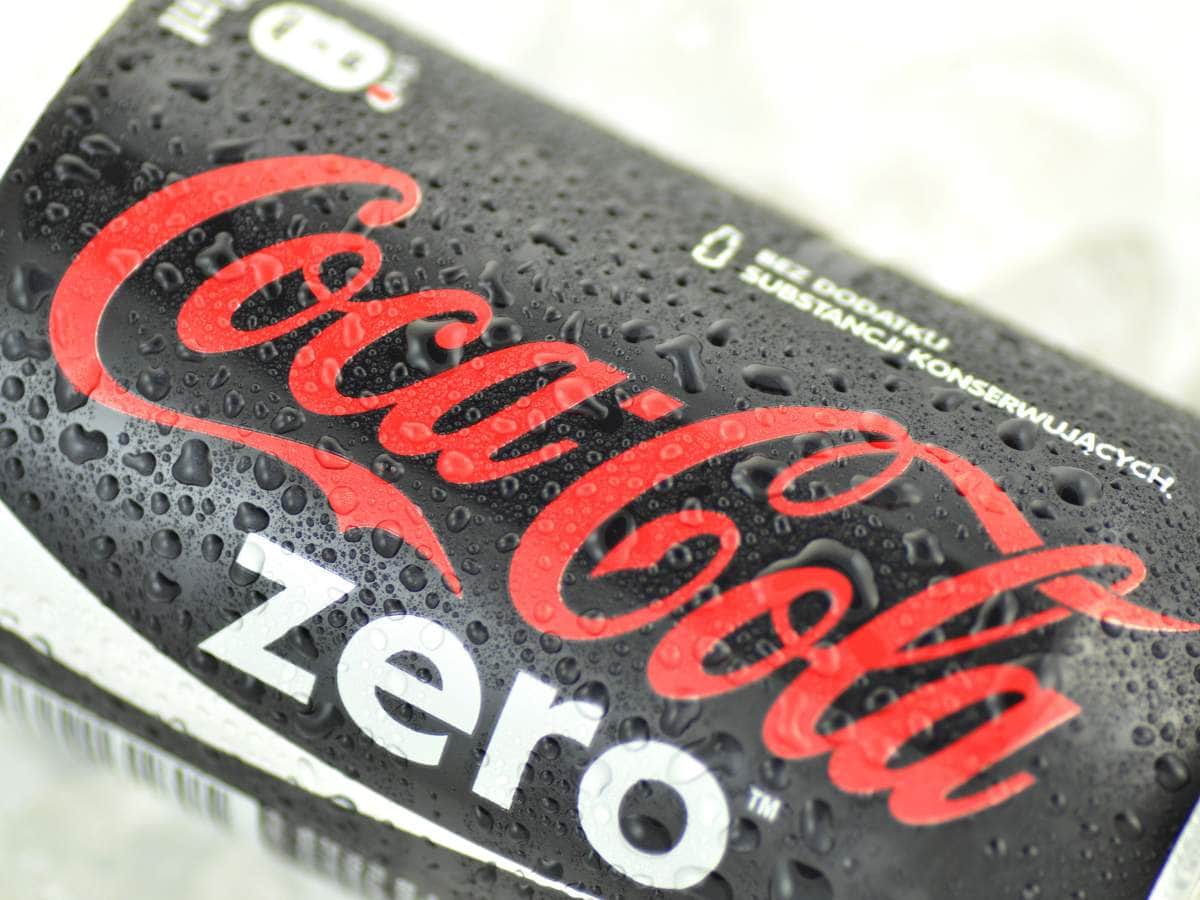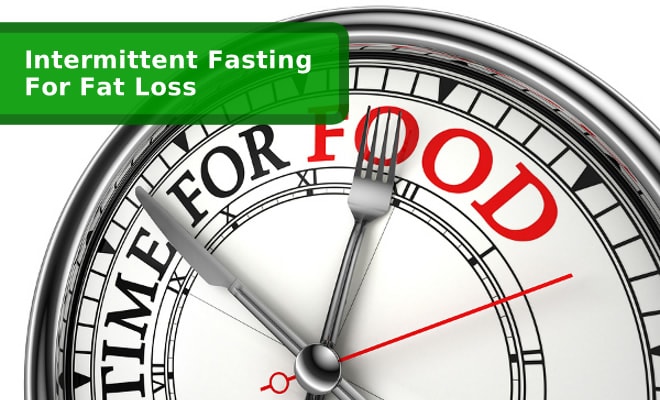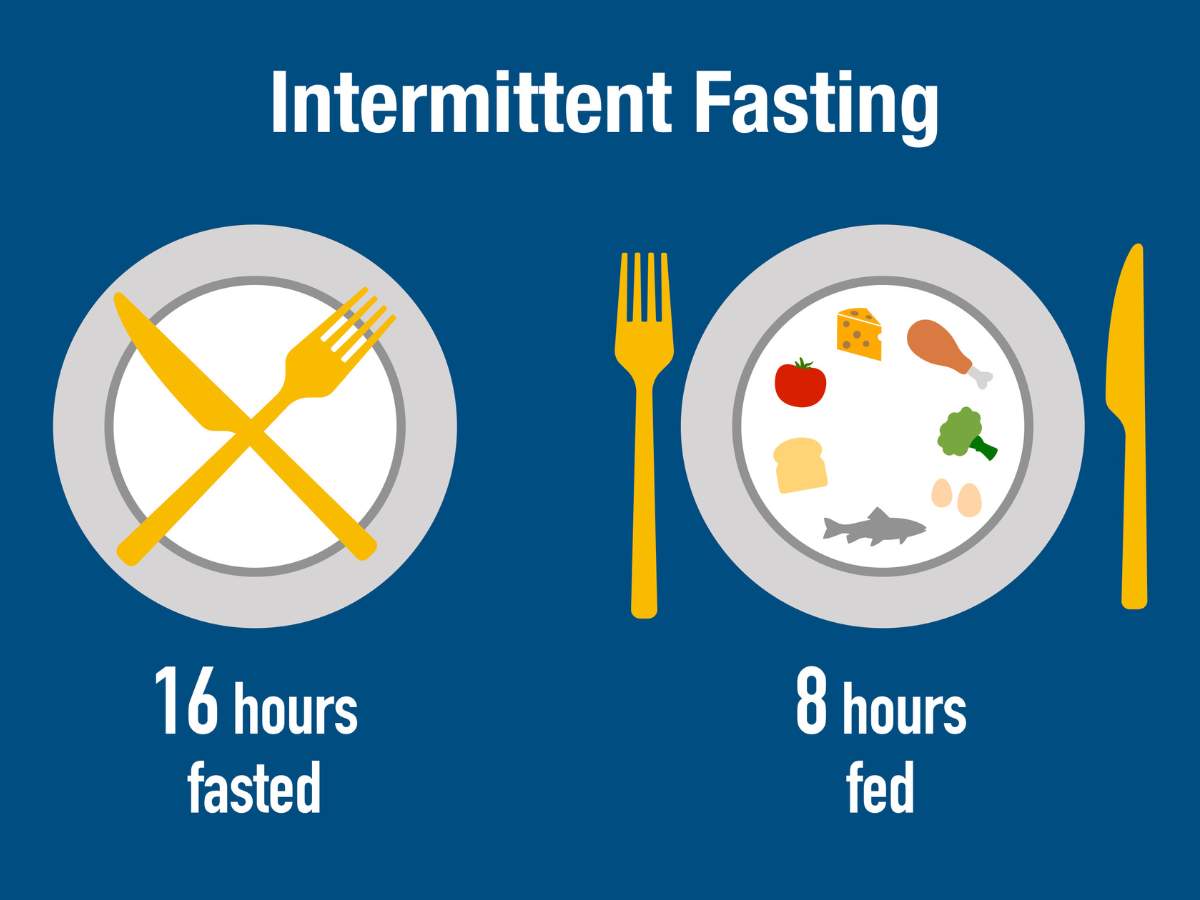Intermittent Fasting: Good or Bad?
Primal Edge Health participates in the Amazon Services LLC Associates Program and other affiliate programs and therefore, may collect a share of sales or other compensation from the links on this page. This comes at no additional cost to you, and all the prices and availability are accurate at the time of publishing.
Intermittent fasting can be a powerful tool for fat loss, weight management and general health if used in the right context. Many people use the keto diet and carnivore diet paired with intermittent fasting and get great success.

It can also lead to feelings of intense restriction and trigger binges, perpetuate unhealthy eating habits and cause extra stress on the body and mind when applied in the wrong way or at the wrong time. Intermittent fasting (IF) isn’t a “magic wand” that can be waved to automatically improve all your health problems or guarantee fat loss, but if used correctly, it can help a lot of people.
Let’s dive in, shall we?
Table of Contents (click to view)
What is Intermittent Fasting?
Intermittent fasting is a time-restricted window of eating in which you consume the totality of your calories, the remaining hours of the day you are fasting. The eating window can be approached with varying degrees of restriction, some individuals enjoy a small 4-hour opening while others extend up to an 8-hour period. You may see IF time frames discussed as 4:20 or 8/16. The first number references the hours of eating, the later concerns the hours of fasting.
Why bother to try it?
In this video, Tristan distills four years of knowledge and experience using intermittent fasting on himself and with clients. He summarizes it as a potentially powerful tool that can be very beneficial for fat loss, general health, and decreasing inflammation. IF can also assist in improving cognitive function and increase longevity. Leveraging intermittent fasting to improve autophagy, the physiological process that deals with processing waste and old cells from the body during new cell regeneration, will thereby improve your detoxification pathways and cellular function.
A number of years ago, Tristan started doing intermittent fasting for fat loss and kept doing it to reap the benefits of cognitive focus and emotional stability.
Learn more about nutrition and holistic health with the Primal Edge Health Recommended Reading List.
Meal Timing – Are you doing it right?
Popular teachings of intermittent fasting instruct people to push breakfast back to mid morning or skip it entirely. We’ve both eaten this way and it worked for a while.
Listen to the video above to learn how Tristan flips the script about IF and meal timing. Instead of teaching people to skip breakfast and push their eating window toward the later half of the day, he encourages breaking the nighttime fast early in the morning.
I’ll give you a hint as to why.
Think about this scenario, you’re under stress from work, get a poor night’s sleep, in the morning you wake up and flip on the news (or check your social media accounts) and are flooded with a bunch of fear and anxiety inducing propaganda first thing in the morning. Exacerbate this by skipping breakfast and you have a tightly wound spring of stress about to explode and the days has only just begun.
Our diet and food intake should be a tool we use to equip us to better deal with the stress of modern life, not a compounding factor of stress and confusion.
From IF to Ketosis
Even if you’re on a high carb diet, during the hours when you intermittent fast you will likely be having some elevated blood ketones. This alone can result in improved mood and decreased inflammation – giving you a peek into the power of ketones. While you flirt on the outskirts of ketosis, you may also experience improved blood sugar regulation.
Both intermittent fasting and ketogenic diets are proven to improve BDNF, brain-derived neurotrophic factors, which are the compounds that help create new connections in your brain. Higher BDNF levels are associated with improved cognition and improved mood. One can speculate on why and how, but a lot of people find that their mood is greatly improved when they use tools like intermittent fasting and ketogenic diets.
IF was Tristan’s gateway into a ketogenic diet.
As I started pushing forward and noticing that I felt so much better in a fasted state, my research led me to learn about ketones and the ketogenic diet. It was then that I realized the state that I was tapping into – that state of clarity, of improved cognitive function, of decreased inflammation, and just feeling better in general – could be maintained through a low-carb, ketogenic diet.
For Tristan, one of the best parts about IF was that it introduced him to keto.
He was naturally lowering his carbohydrates and already experiencing some eye opening revelations, further confirmed by his research into a ketogenic diet. First of all you don’t need sugar to fuel yourself. In fact removing sugar from your diet and eliminating the blood sugar roller coaster of surges and dips can have massive benefits for your life. Not only do you see body composition improvements but also you can maintain a higher mental focus throughout the day.
A second revelation came about as Tristan discovered how inflamed he had been feeling without even knowing it! He noticed remarkably improved digestion and enjoyed being in deep autophagy when his body was recycling cells and getting rid of old waste.
Common Sense Still Applies
Before you dive into intermittent fasting, take note of the following. IF is not a miracle cure. You must approach this sensibly. While restricting your eating window, you still need to make sure that you are getting sufficient protein and that you’re getting sufficient essential fatty acids. In plain language, eat enough protein and eat enough fat!
You cannot do intermittent fasting and think that it’s impossible to gain weight if you overeat. Even if you are on keto, eating more than you need will make it difficult to loose weight. There’s enough confusion out there about ratios and fat macros – let’s not add to it in regards to IF. Think this through, how can you expect to drop body fat if you’re eating 500 grams of fat a day (500 g is hyperbole of course, used to show the example). The laws of energy balance still applies.
Is Long-Term IF healthy?
I think it is better to ask “is IF practical long-term?” Certainly there is no harm in the concept of eating in a time restricted widow but there are certain nuances that make intermittent fasting undesirable long-term. Making a claim that any one thing (with the exception of breathing and drinking water) is ideal for the long-term usually oversimplifies the discourse and ignores context specific cases.
We would recommend not intermittent fasting if you are:
- under a lot of acute mental, emotional, or physical stress
- operating with a disordered circadian rhythm (not sleeping well or working the night shift)
- exposed to significant amount of environmental toxins and/or pollution
Pursuing IF, which can be a slight stressor on the body, when you are already living in a state of stress can create a negative response and you can get the opposite of the health benefits that you’re trying to derive from intermittent fasting.
It’s best to address the sources of stress you have control over. For example, you can fix your circadian rhythm by setting a regular bedtime, easing off the caffeine, and making your bedroom more conducive to uninterrupted sleep.
Avoid The Pitfalls of IF
In summary, intermittent fasting is a powerful tool to assist with fat loss, increase mental acuity and decrease inflammation but it’s not the only tool at your disposal and it has its limitations.
Digestion Discomfort
Depending on implementation, IF can either help or hinder your digestion. Some people find IF beneficial to their digestion because it gives them a long fasting period to digest their food more thoroughly. Others find that it hinders their digestion because they stuff themselves in a small window of time. If you are eating a lot of carbs, starches, and processed foods you may experience bloating, acid reflux or other discomforts. If you are following a bodybuilding diet that involves eating a large amount of food, IF may not be the ideal choice for you right now.
Bulking and Eating at a Caloric Surplus
In a similar vein to the previous point, intermittent fasting and eating in a caloric surplus don’t necessarily go hand in hand. Cramming a lot of food in a short window of time usually isn’t a comfortable practice for most people. Generally speaking, if you want to bulk, don’t try to intermittent fast. You’ll have to eat so much in each meal, it could potentially throw off your digestion. This is especially true if you follow a casual approach to food quality and like to throwing a bunch of processed and prepackaged foods down the hatch, hoping you’ll digest it all.
Pushing Back Too Far
Some people wait too long to have their first meal, causing stress in their bodies and elevated cortisol. By the time they finally sit down to eat, they are so hungry they end up gorging. This is a slippery slope into disordered eating patterns. Over-restricting can lead to negative binging and then feeling guilty over and over again.
When you start feeling hunger pangs, try drinking low-calorie drinks like lemon water that won’t break your fast or spike your blood sugar. If this doesn’t work, it might be time to break your fast with a small snack.
Drinking Too Much Zero-Sugar Beverages
It can be tempting to down zero-sugar drinks like diet soda or black coffee to manage those hunger pangs while fasting, but too much of anything is rarely good for you. For example, Coke Zero technically doesn’t break a fast, but consuming too many artificial sugars may increase your risk of issues like heart disease, insulin resistance, and gut health problems.
Similarly, drinking too much caffeine can make you jittery and lead to a hard time falling asleep at night. If you must drink coffee during your fasting periods, try low-caffeine coffee instead to avoid those unwanted side effects.
Skipping Breakfast
But wait, isn’t that one of the central principles of IF? We say “NO”!
After years of coaching clients, Tristan remarks
I found that eating earlier in the day and skewing the calories toward the beginning rather than the end of the day is a big game changer for a lot of clients.
IF is commonly taught in a way that encourages people to skip breakfast. We do it differently. Check out the video above to learn why.
Dogmatic Meal Timing
You’re living life – social and work related situations are bound to arise and might conflict with your “ideal” eating time. Like I said before, diet should be a tool used to support your life not to dictate how to live. It is unlikely that you will always arrange your meals around a set schedule, you’re bound to eat out of your window sooner or later and that is alright. It doesn’t mean you failed and it certainly doesn’t mean you will loose all the progress you’ve made or negate your gains. Keep your food intake consistent enjoy the flow of life!
Go Ketotic Instead
Why don’t you start looking into ketosis? Why don’t you look in the ketogenic diet?
You just might find that all benefits you’re deriving from intermittent fasting can be extended even longer throughout the day and improved upon through utilizing a ketogenic diet.







Love it guys! I see so much of this content makes sense to me. Although, I’ve been doing IF during morning hours. I generally breakfast around noon to 1 pm and stop eating around 7 pm. A 6 to 7 hour eating window, meanwhile, staying consistent with 0.8 grams of protein per pound of ideal body weight. Also, I go once a week for a 24 hr fast. Of course, I’ve added keto diet for over 8 weeks now and the IF/keto combo has created a much bigger change in body composition, mental clarity, etc…
It’s great that you’ve found a way that works for you!
Just wanted to correct a mistake under the paragraph “is Long-Term IF Healthy?”
The paragraph that says, “Pursuing IF, which can be a slight stressor on the body, when you are already living in a state of stress can create a negative response and you can get the opposite of the health benefits that you’re trying to derive from internet fasting.” I think at the end of the sentence you meant intermittent fasting instead of internet fasting.
Just wanted to be a help!
By the way, I love listening to your podcasts. It’s refreshing to have some common sense being spread out there! I have both cook books and have my two oldest daughters making a lot of baked goods from it.
LOL. Yes, you’re correct – thanks for the help! Although sometimes internet fasting is a good idea too 🙂
You put together a great page on this subject. It adds another piece to how to live keto and lose weight. I had been doing IF before joining the Collective, but starting adding breakfast as Tristin suggested. I didn’t realize that adding breakfast still allowed me to do IF, by not eating past 6pm. As a diabetic, I think it makes sense to eat earlier. Good concise page of information on a controversial issue.
Thanks Gloria! Your progress in the collective is so inspiring! I’m going to share this link now 🙂